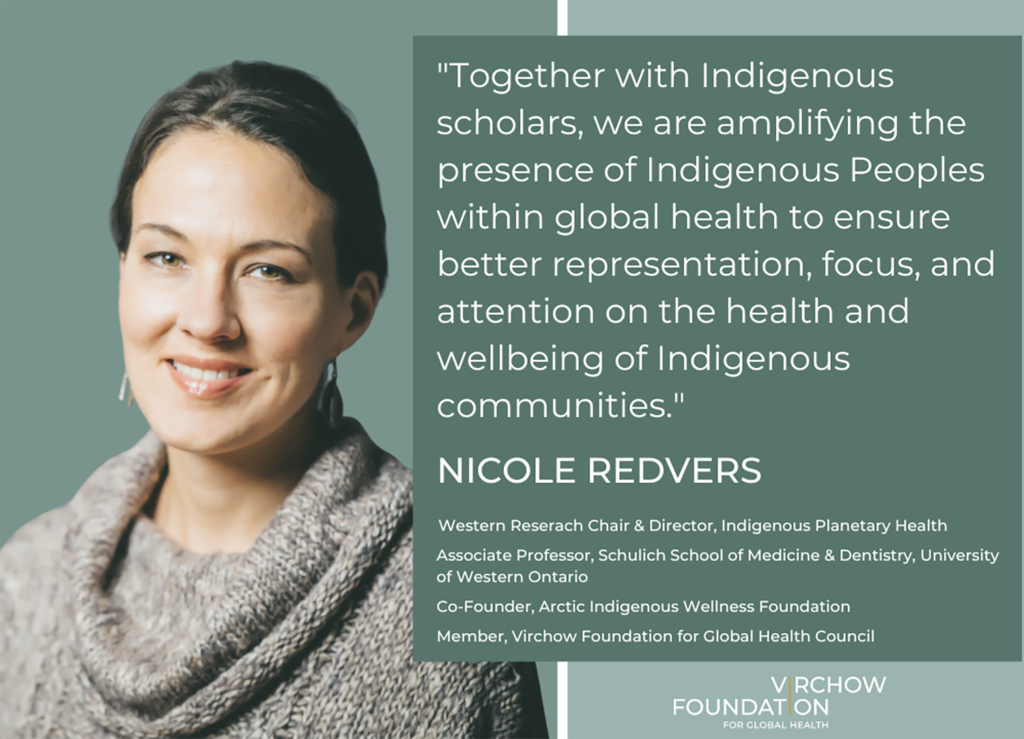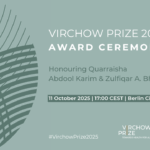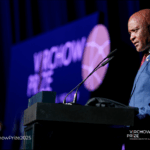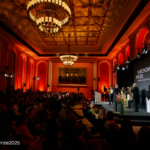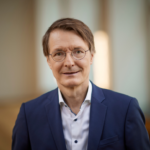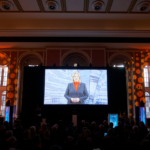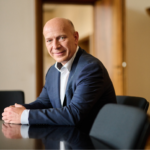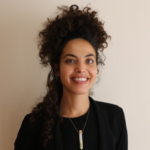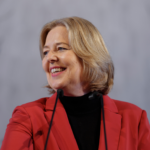Meet Nicole Redvers, Western Research Chair & Director of Indigenous Planetary Health, Associate Professor of the Schulich School of Medicine & Dentistry at the Western University Ontario, Co-Founder of the Arctic Indigenous Wellness Foundation, and Member of the Virchow Foundation for Global Health Council
Dr. Nicole Redvers, ND, MPH, is a member of the Deninu K’ue First Nation (Northwest Territories, Canada), and is an Associate Professor, Western Research Chair, and Director of Indigenous Planetary Health at the Schulich School of Medicine & Dentistry at the University of Western Ontario. Dr. Redvers has had previous appointments in both the Department of Family & Community Medicine and the Department of Indigenous Health at the University of North Dakota where she helped co-develop the first Indigenous Health PhD degree program in North America. She has been actively involved at regional, national, and international levels promoting the inclusion of Indigenous perspectives in both human and planetary health research and practice. Dr. Redvers sits on the Canada Research Coordinating Committees’ Indigenous Leadership Circle in Research, is a commissioner on the Lancet Commission on Arctic Health, sits on the steering committee for the Planetary Health Alliance based out of Harvard, and is co-chair of the Planetary and Global Health committee with the Association of Faculties of Medicine of Canada. Her scholarly work engages a breadth of scholarly projects attempting to bridge gaps between Indigenous and Western ways of knowing as it pertains to individual, community, and planetary health. Dr. Redvers is the author of the trade paperback book titled, ‘The Science of the Sacred: Bridging Global Indigenous Medicine Systems and Modern Scientific Principles’. Dr. Redvers is actively engaged in and has dedicated her academic career to promoting the inclusion of Indigenous perspectives in planetary health and education for sustainable healthcare (ESH) internationally.
Read more on her extensive professional and academic experience working with Indigenous patients, scholars, and communities around the globe and her motivation to join the Virchow Foundation Council.
From your perspective, why is engagement and awareness raising for global health important?
Our most pressing global health crises requires collaborations across varying scales of influence and the inclusion and belonging of multiple worldviews and experiences. Whether or not it is the health impacts of climate change or pandemics, a global health response will be required for successful mobilisation and achievement of health equity for all on the planet.
How are you committed to engaging in global health topics within your current professional role and activities?
Indigenous global health has been an often-minimised component of global health discourse and practice. Together with Indigenous scholars across the globe, we are amplifying the presence of Indigenous People within global health spaces to ensure better representation, focus, and attention on the health and wellbeing of Indigenous communities around the globe.
How do you hope to achieve greater awareness and engagement for global health in your new role at the Virchow Foundation for Global Health? How can the Virchow Prize for Global Health help to increase awareness?
The Virchow Foundation for Global Health is strategically located to bring together the diverse voices required to ensure the broadest platform for global health advocacy efforts. I look forward to amplifying the important global health narratives coming from on the ground community work while also supporting the movement building that the Virchow Prize for Global Health will enable.
Meet the Members of the Virchow Foundation for Global Health Council: www.virchowprize.org/council/

